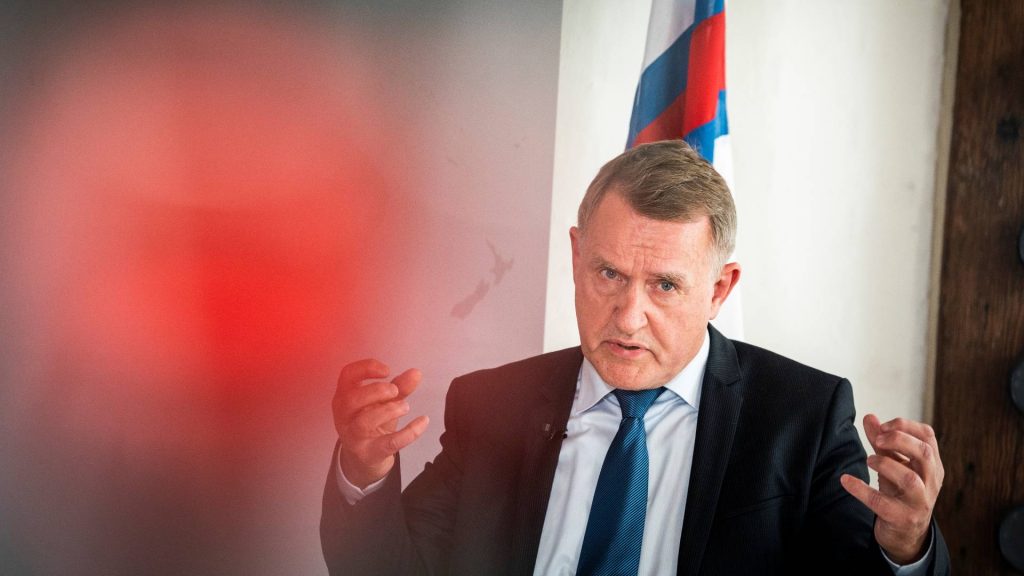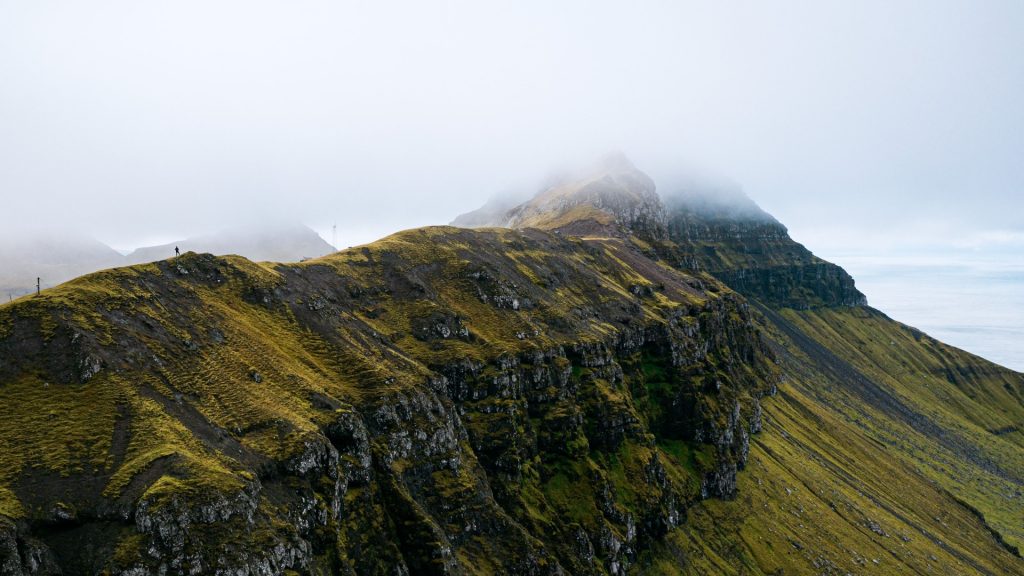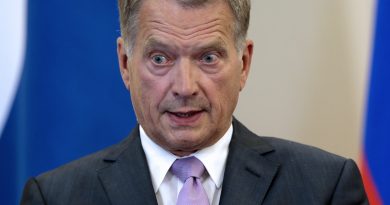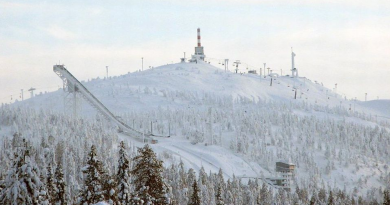Faroe Islands’ Arctic strategy focuses on security, climate & cooperation

Security, environment and the importance of international cooperation, are the keystone policy areas dominating the Arctic Strategy launched by the Faroe Islands this month.
“We are at a turning point in global politics,” Jenis av Rana, the Faroe Islands’ minister of Foreign Affairs, said in a statement.
“The reality of the global political area is changing. The rules-based system of international politics is under pressure. And the challenges we are facing require us to act.”
The strategy was launched on October 13 at the Arctic Circle Assembly 2022 in Reykjavík.
“The Arctic Policy of the Faroe Islands launching today has a clear point of departure, in the midst of the changing realities we are facing, it’s important to focus on the people living in the Arctic”
H.E. Jenis av Rana, Minister of Foreign Affairs 🇫🇴 @Faroes2I @Tinganes pic.twitter.com/0HTKg8NOFl
— Arctic Circle (@_Arctic_Circle) October 13, 2022
It outlines eight key strategic areas stressing the importance of Arctic stability, international cooperation, sustainable economic development for Arctic inhabitants and describes climate change as “…the most serious challenge of our time.”
“The untamed and often harsh Arctic natural surroundings have taught us to work together – across nations – to translate challenges into opportunities,” the Faroese government said.
The eight strategic policy areas described in the Faroe Islands’ Arctic strategy:
- Stability and Security
- Importance of international Cooperation
- Environment, Nature and Climate
- Research and Education
- Preparedness and Response
- Development of fisheries and Marine conservation
- Sustainable economic development
- Cross-border cultural exchange
The Faroe Islands is an autonomous region of approximately 49,000 people within the Kingdom of Denmark.
Raising profile on northern affairs
In recent months, the archipelago has sought to raise its profile and role in Arctic affairs, including on the Arctic Council.
In 2021, after two years of planning, Denmark formalized its intention to give the Faroe Islands and Greenland, the other autonomous region in the realm, a higher profile on the Arctic Council given their locations.
Among the changes were allowing Greenland and the Faroe Islands to address Arctic Council ministerials first, with Denmark speaking last.
At the time, av Rana told Eye on the Arctic that the move underlined the recognition of the increased strategic importance of the Faroe Islands as a nation in the Arctic.

Earlier this year, Denmark and the Faroe Islands also reached an agreement to set up an air surveillance radar on the archipelago to help bolster Arctic security and close a longstanding surveillance gap in the North Atlantic between the Faroe Islands, Norway, Iceland and the United Kingdom.
Write to Eilís Quinn at eilis.quinn(at)cbc.ca
Related stories from around the North:
Canada: Canada needs ‘goals, a plan and resources’ for Arctic, says expert, The Canadian Press
Finland: No return to pre-war reality when it comes to Arctic cooperation, says Finnish rep, Eye on the Arctic
Greenland: Greenland, Iceland sign cooperation agreement in Reykjavik, Eye on the Arctic
Iceland: Canada’s GG among keynote speakers at Arctic Circle Assembly, Eye on the Arctic
Norway: Norway limits access for Russian fishing trawlers in security push, Thomson Reuters
Russia: Newly deployed nuke-bombers at Kola is certainly a signalling, expert says, The Independent Barents Observer
United States: China, Russia among global priorities, including in Arctic, in U.S. security strategy, Eye on the Arctic



